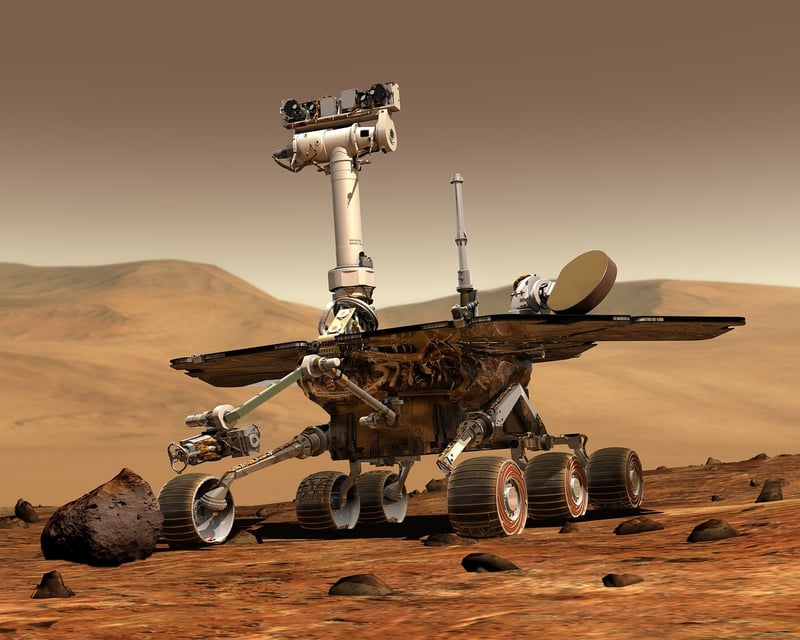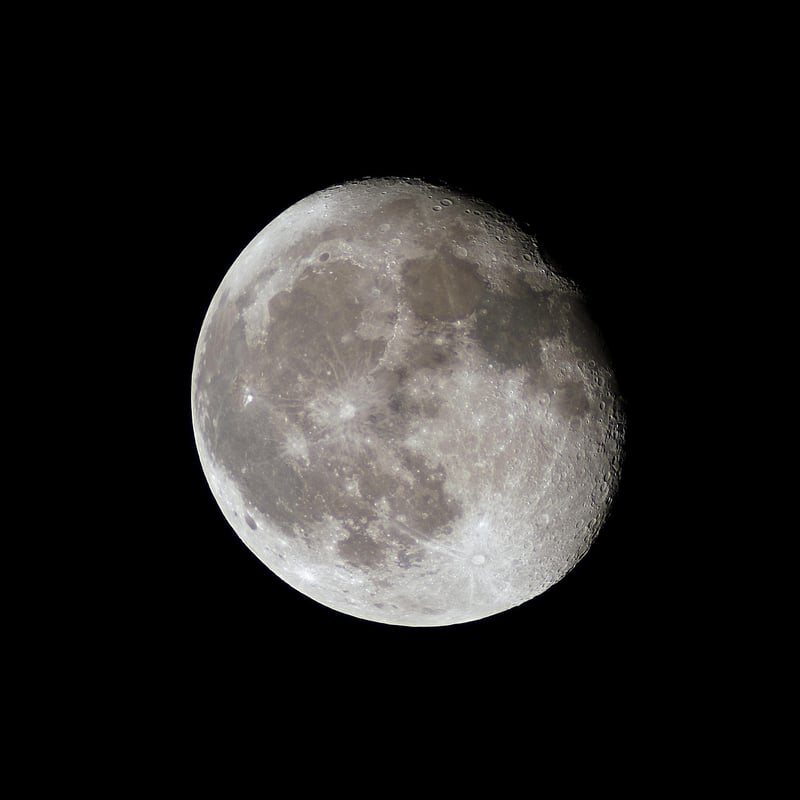Space Colonies
Exploring Diverse Worlds: Space Colonies
Space colonization has long been a fascinating subject, capturing the imagination of many. From the barren landscapes of Mars to the icy moons of Saturn, the idea of establishing human colonies on other worlds is both thrilling and challenging.
Benefits of Space Colonies
1. Scientific Research: Space colonies offer unique environments for conducting research in fields such as astronomy, biology, and physics.
2. Resource Utilization: Exploiting the resources of other planets can help sustain life on Earth and drive technological advancements.
3. Human Expansion: Establishing colonies on other worlds could be crucial for the long-term survival of the human race.
Challenges of Space Colonies
1. Harsh Environments: Extreme temperatures, lack of atmosphere, and radiation pose significant challenges for human habitation.
2. Logistics: Transporting resources, building infrastructure, and maintaining communication with Earth are complex logistical tasks.
3. Health Risks: Prolonged exposure to low gravity and cosmic radiation can have detrimental effects on human health.
Exploring New Worlds
Humans have already set their sights on exploring Mars, with missions planned to establish the first human colony on the Red Planet. Additionally, the moons of Jupiter and Saturn, such as Europa and Titan, have also drawn interest due to their potential for harboring life.
Image Gallery


Exploring and colonizing other worlds is not just a dream but a tangible goal that humanity is working towards. The challenges are immense, but the rewards of expanding our presence beyond Earth are equally significant.
For more information on space colonization, visit NASA's Moon to Mars page.
